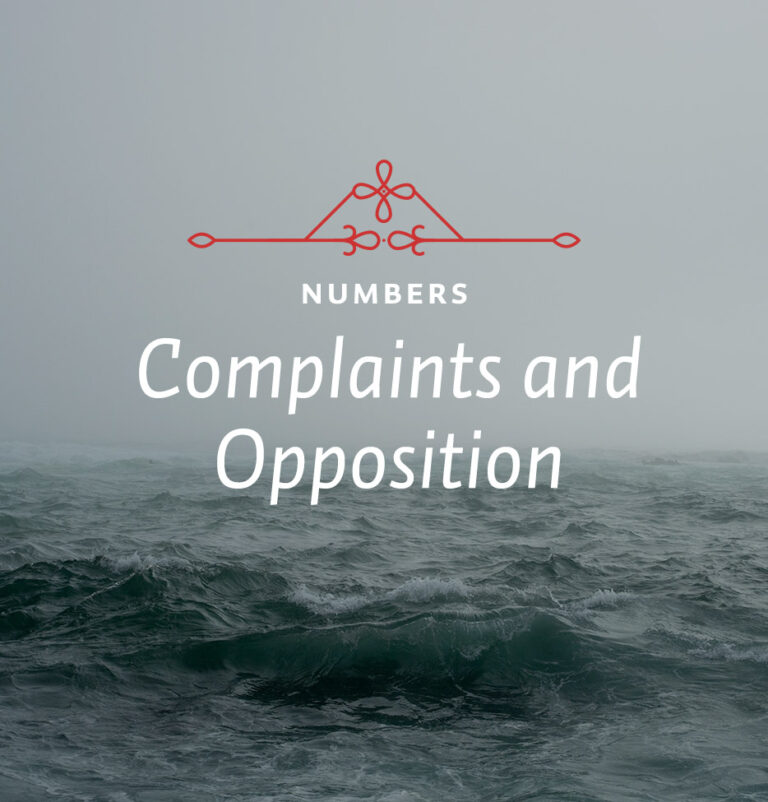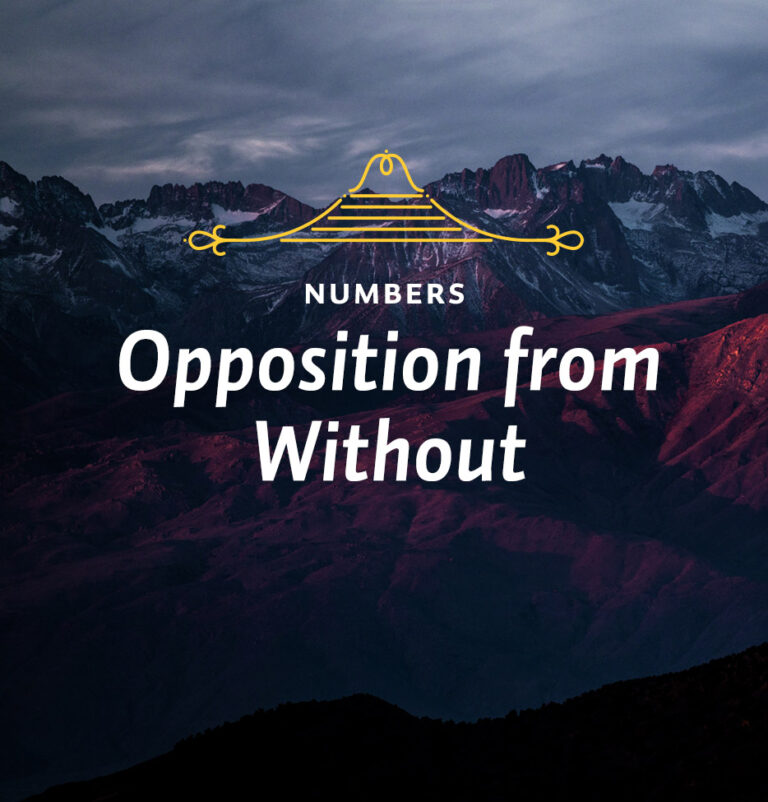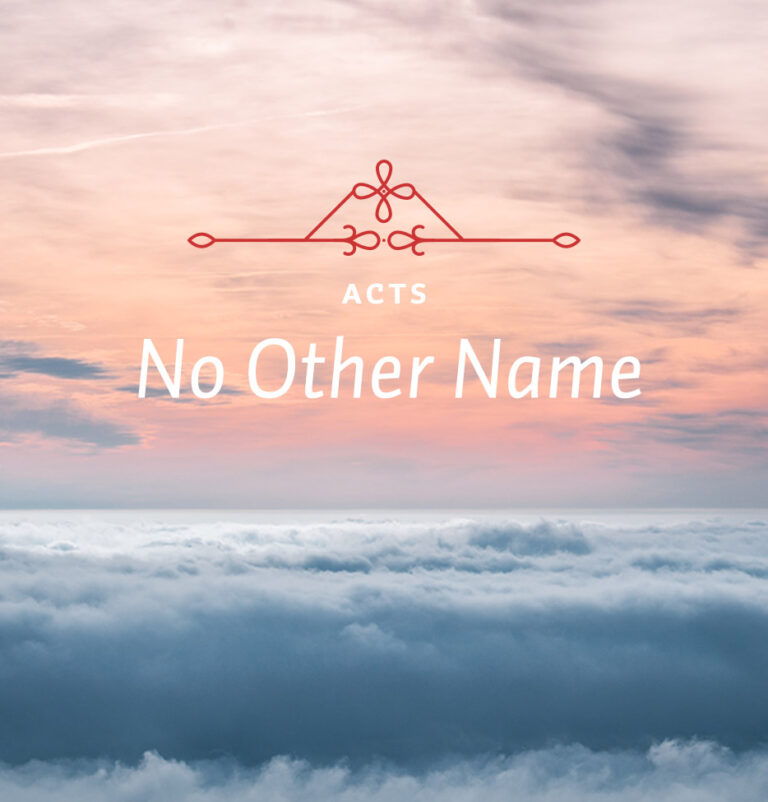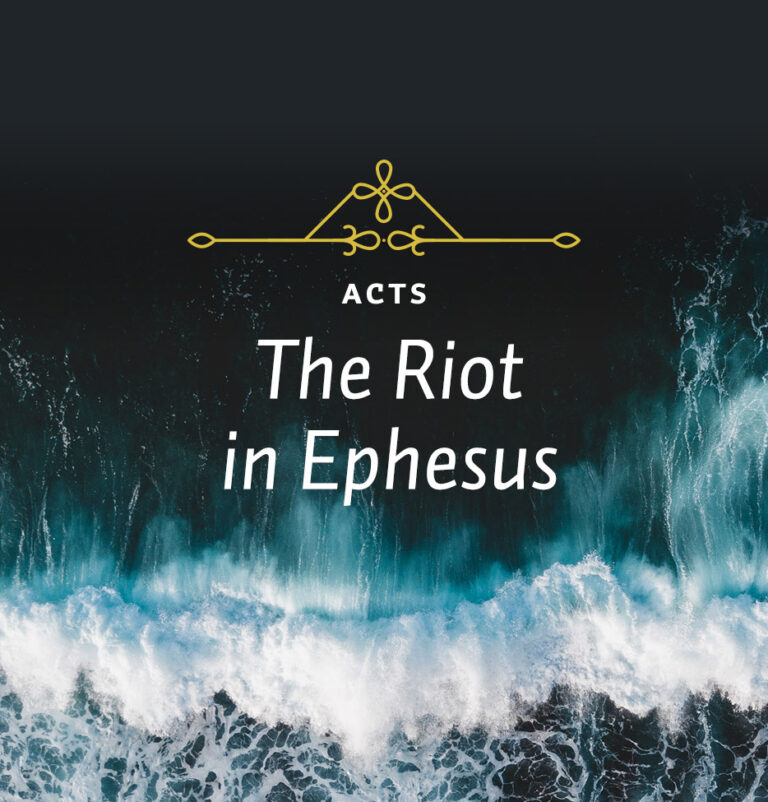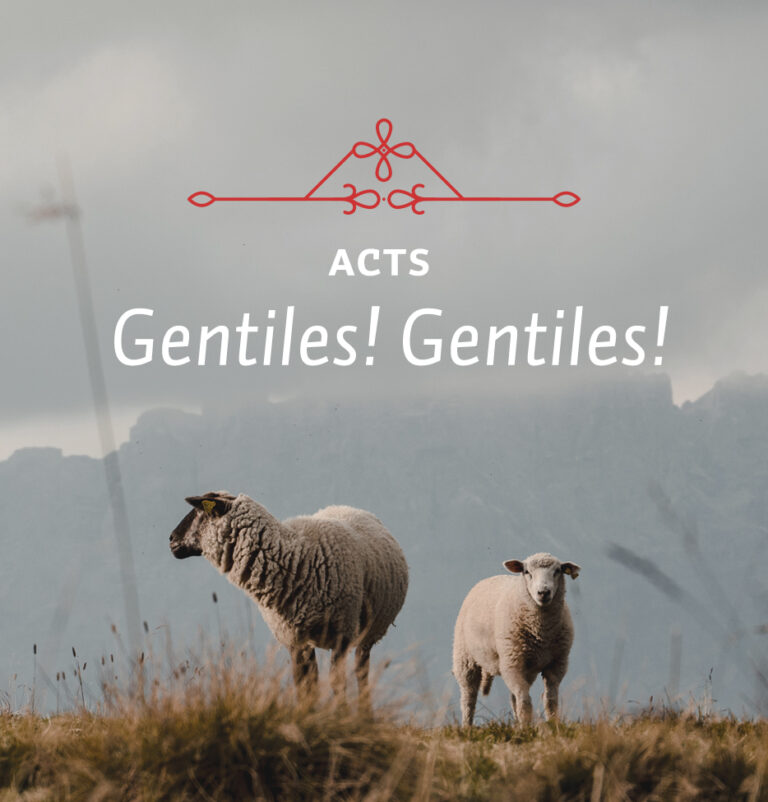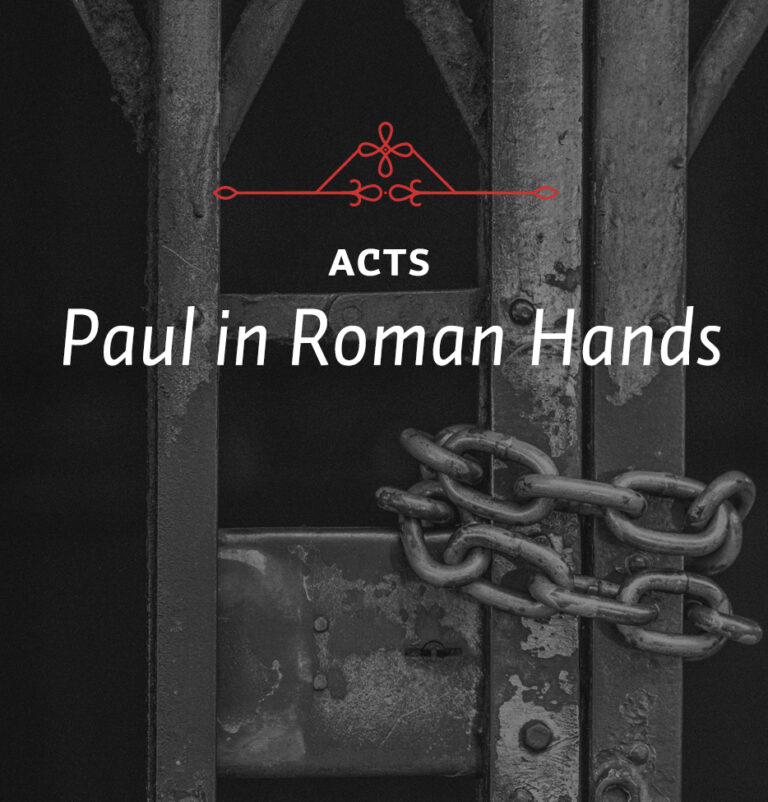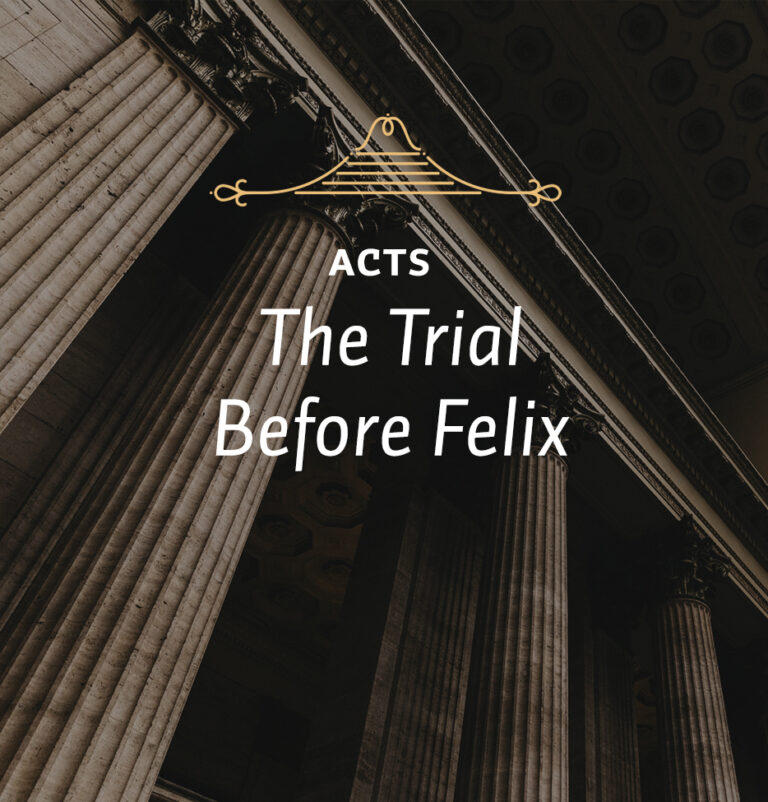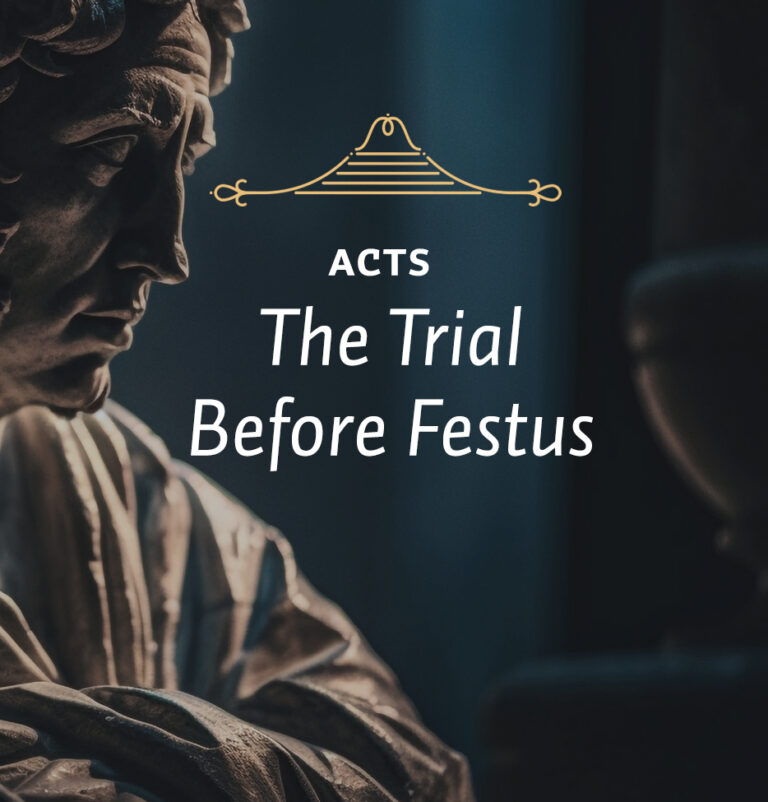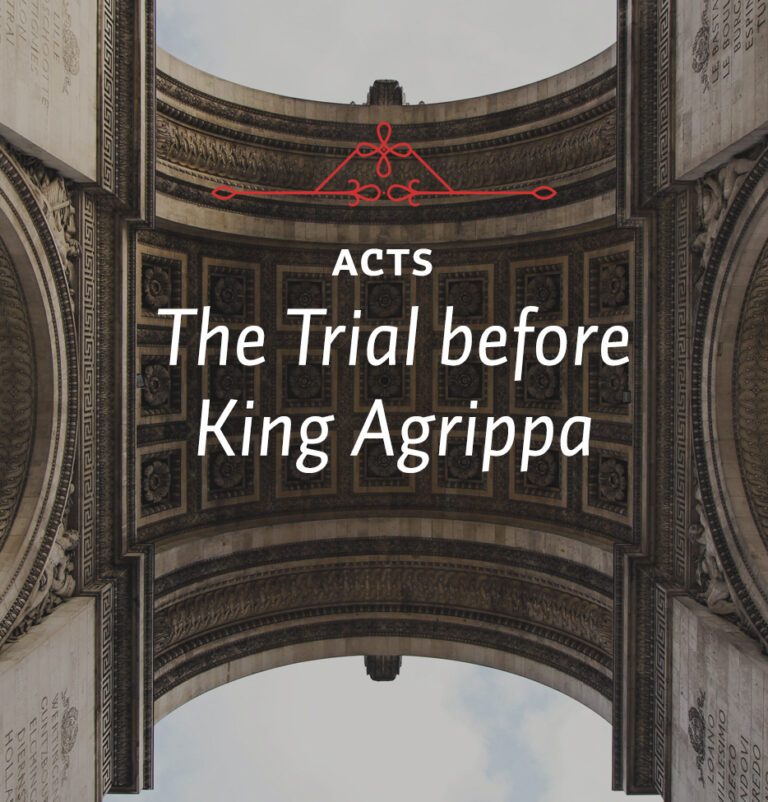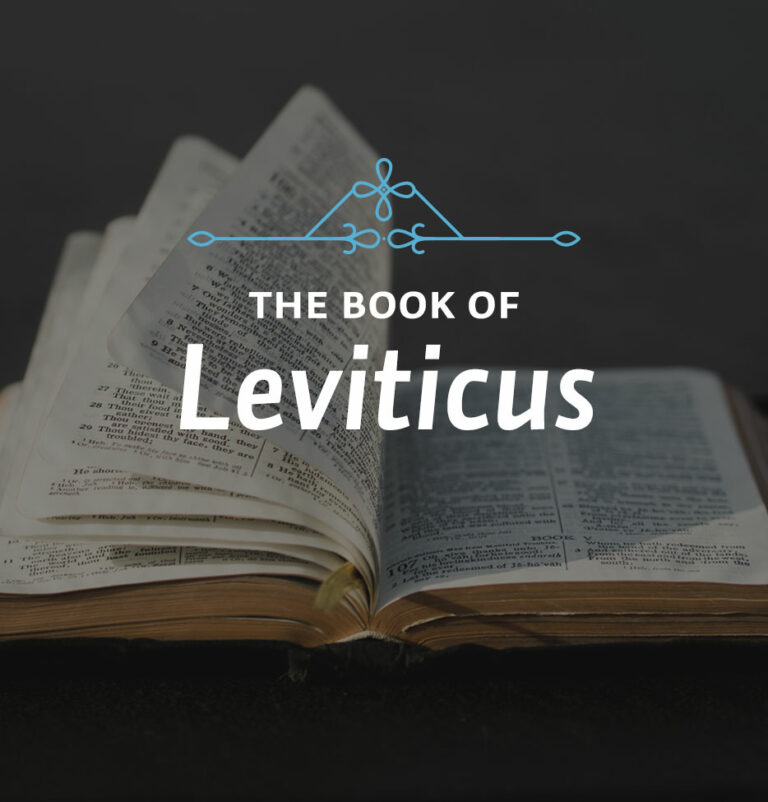
Wednesday: Principles Learned from the Offerings: Leviticus 1:1-24:23
The last offering was the guilt offering, and it was made for damage that was done to another person or to another person’s property. We mustn’t think, of course, that if you damage somebody’s property either deliberately or by negligence, that all you had to do was go to the temple and present an offering. That would be an easy way to get off the hook. No, Leviticus describes very carefully what you have to do. You have to repay it, and then you have to add twenty percent—a fifth of the value—and then you had to give it to the person whom you had defrauded on the very day you went to present your offering.


